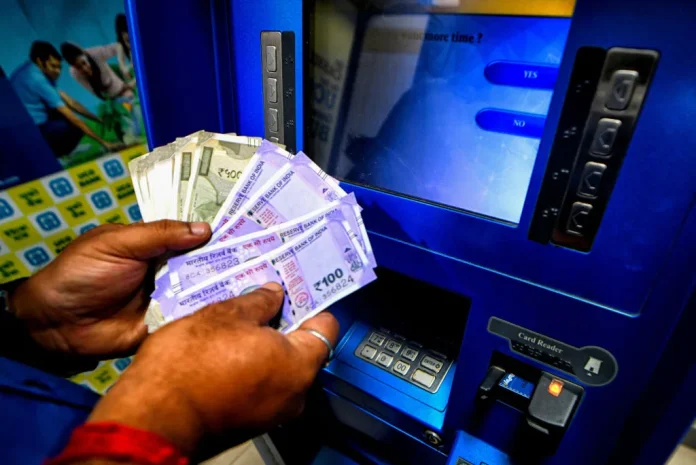MUMBAI, March 25: Withdrawing cash from ATMs in India will become more expensive from May 1, 2025, as the Reserve Bank of India (RBI) has approved a hike in interchange fees. This increase means customers exceeding their free transaction limit will have to pay additional charges for financial and non-financial ATM transactions.
An ATM interchange fee is the charge one bank pays another for offering ATM services to customers. This fee, typically a fixed amount per transaction, is often passed on to account holders as part of banking costs.
The RBI decided to revise these charges after receiving requests from white-label ATM operators, who argued that rising operational expenses were affecting their business sustainability. The revised charges will apply across all banks and ATM operators nationwide, significantly impacting customers, particularly those from smaller banks that depend on larger financial institutions for ATM infrastructure and services.
From May 1, customers will have to pay an additional Rs 2 per financial transaction once they surpass their free withdrawal limit. The fee for non-financial transactions, such as checking balances, will increase by Rs 1. As a result, cash withdrawals will now cost Rs 19 per transaction, up from the earlier Rs 17, while balance inquiries and other non-financial transactions will cost Rs 7 per transaction, compared to Rs 6 previously.
ATMs, once hailed as a revolutionary banking service, have been facing challenges in India due to the rise of digital payments. With the growing adoption of UPI transactions and online wallets, the necessity for cash withdrawals has decreased significantly.
According to government data, digital payments in India were valued at Rs 952 lakh crore in FY14, but by FY23, this figure had soared to Rs 3,658 lakh crore, demonstrating a massive shift towards cashless transactions.

